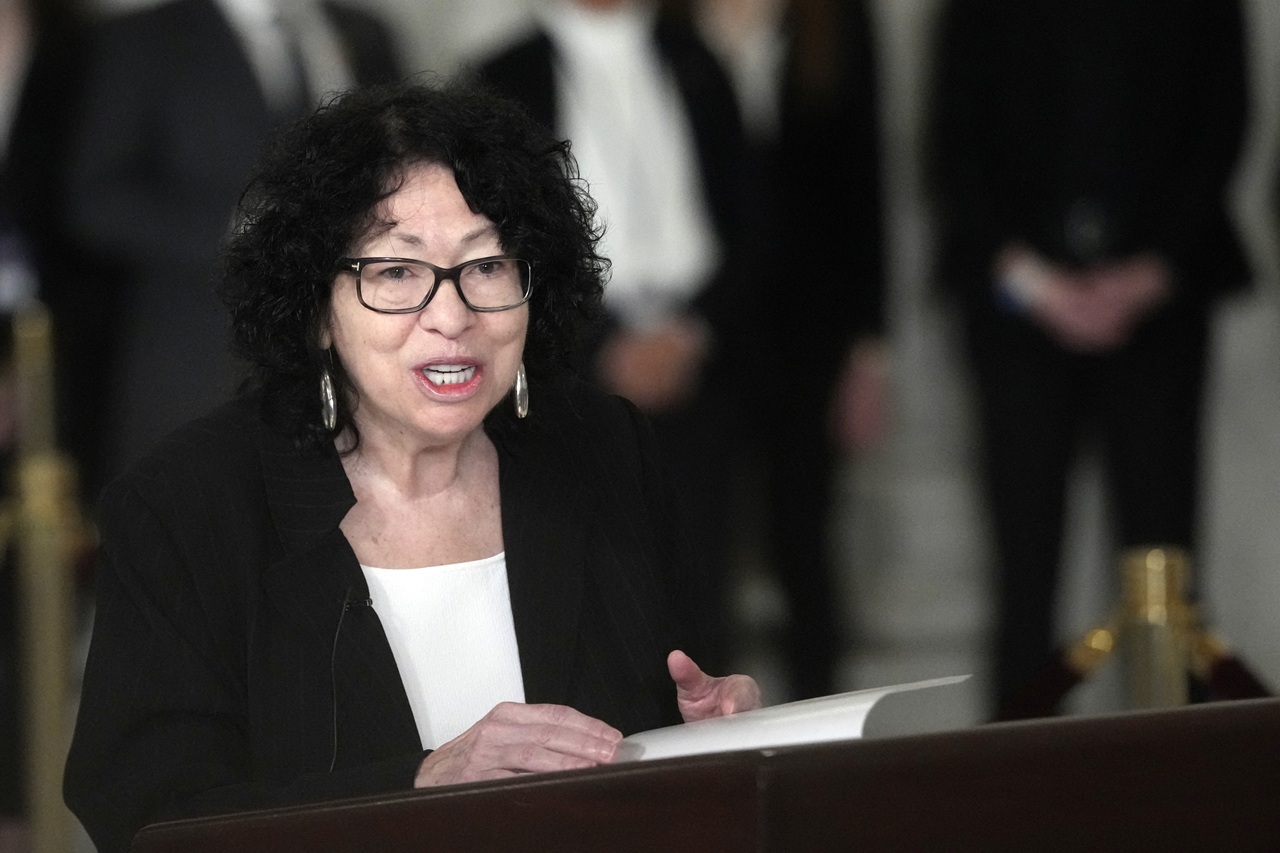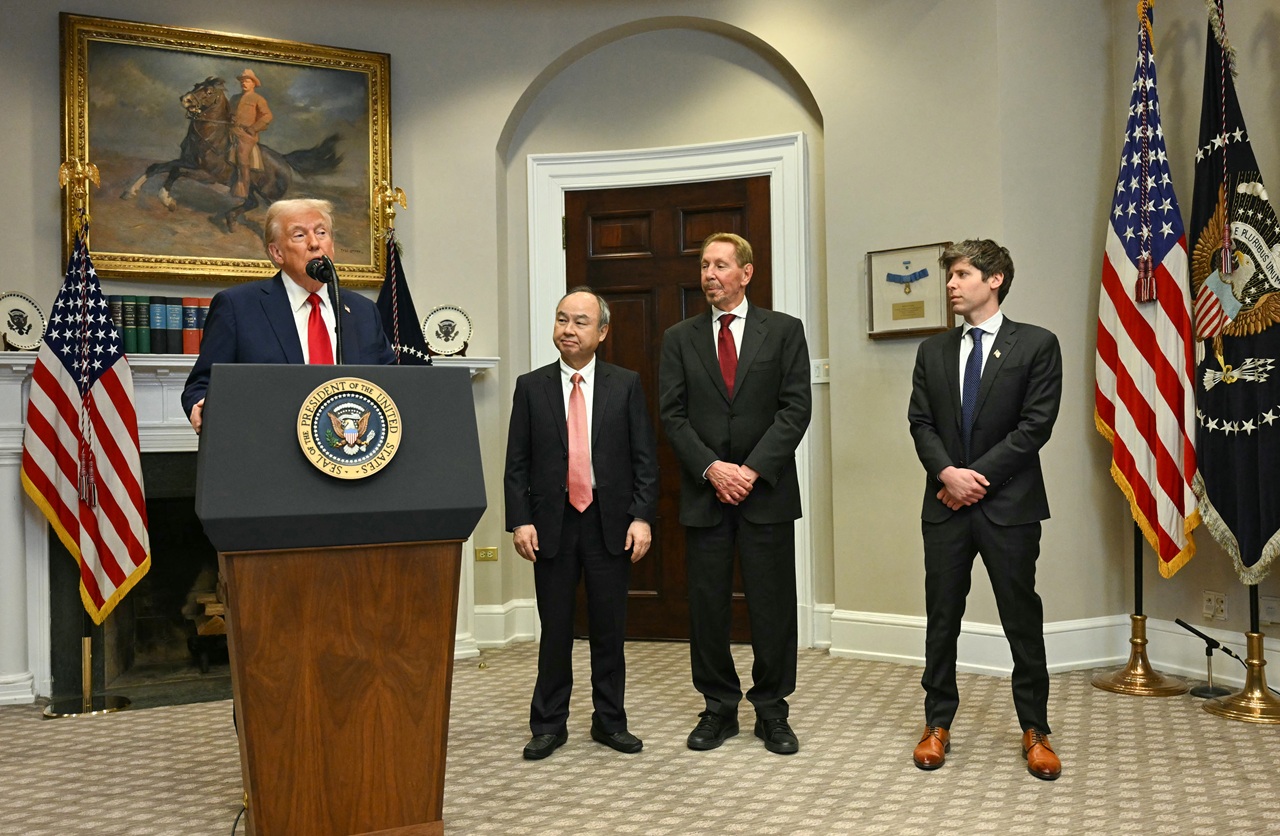
Highlighting the roles of Women in Apprenticeships
November 14-20 marks National Apprenticeship Week in the United States.
Celebrated officially since 2014, National Apprenticeship Week is a nationwide celebration where industry, labor, equity, workforce, education, and government leaders host events to showcase the successes and value for rebuilding our economy, advancing racial and gender equity, and supporting underserved communities.
Accenture is one of several companies nationwide with a prominent apprenticeship program and network.
“This is a business imperative,” said Jordan Rambo, during Accenture’s event on Thursday, Nov. 18. “because it’s creating a diverse workforce in our organizations, creating a pipeline of talent that we did not have access to.”
However, it takes several organizations coming together to make a real difference.
Councilmember Katherine Gilmore Richardson has long been a staunch advocate for providing opportunities for young people.
She has also been highly supportive of the Accenture Apprenticeship program, and other apprenticeships in the region.
“This work is truly important because we are creating pathways and pipelines to family-support and sustaining careers,” said Gilmore Richardson. “It’s not a job, it’s a career opportunity.”
Women in Apprenticeships
According to the U.S. Labor Bureau, 57% of the U.S. workforce is female. However, only about 10% of women make up the labor force in the tech field.
“So, we have much work to do around apprenticeship programs and ensuring that women are represented at the table,” said Gilmore Richardson.
During the event, a panel discussion took place.
It featured Karen Rosero, an apprentice from Chubb; Kaitlin Konzerowsky; regional operations manager for middle markets at Zurich North America; Telia Almond, recruitment coordinator at IBEW Local Electrician’s Union; and Jamila Strickland, an application development apprentice at Accenture; and moderated by Sylvia McKinney, executive director at Summer Search.
For each panelist, their apprenticeships or involvement within their respective apprenticeship programs have been positive, eye-opening, experiences.
“Being an apprentice helped me to realize that you can do whatever you want to do and that your success really relies only on yourself,” said Strickland.
In Almond’s case, she originally attended the Community College of Philadelphia for electrical engineering, but soon realized that she didn’t want to remain on that path.
Feeling a bit lost for a bit, she decided to enroll in a technical school and later became an apprentice, which opened the doors to her career and role now as a recruiter.
“I think that’s the most important part of apprenticeships because as a Black women, it’s difficult understanding where you can go and where you can be, especially when it’s dominated by a different type of people,” she said.
CONTENIDO RELACIONADO
Apprenticeships have its benefits. However, there are also some challenges. Each apprentice shared similar challenges, with the most common being the huge learning curve that comes with being an apprentice.
However, each have been able to persevere and overcome them.
“Zurich has a really great program for apprentices where we really surround them with tools to be successful,” said Konzerowsky. “Within this work, we have a really strong mentorship program.”
Apprentices each get connected to an alumnus of their apprenticeship program who serve as advisors, a dedicated mentor, as well as manager.
“We just want to make sure we set everyone up for success because their success is our success because we’re building a stronger workforce, especially in a time where hiring and recruiting can be a challenge,” added Konzerowsky.
Each panelist expressed that they feel they are making an impact within their respective organizations, thanks to their support.
To this end, there is also a shared desire to help other women who are on the come-up behind them.
“I’m going to give 200%... because I’m trying to open doors for the people who are coming behind me,” said Rosero. “I’m not doing this just for myself, I’m thinking of everybody else… this is why I want this to be as successful as it can be.”
Whether it’s Almond helping provide a path for more women of color to enter into this industry, or Strickland being young and new to this field but still feeling she can be a voice, each panelist has their respective goals to improve on a professional level for themselves, and others.
Whether it's the overall company, or the women apprentices on the panel, the goal is to foster an environment where more women can find their way into these fields, and close the gender gap.









DEJE UN COMENTARIO: